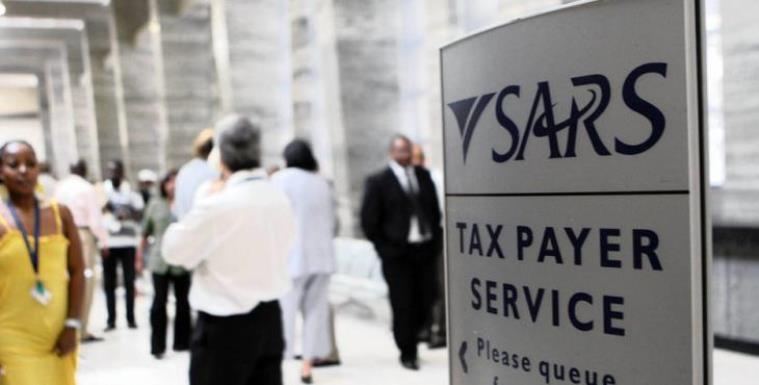South Africa Reduces Personal Income Tax Rates For Businesses And Individuals
South Africa’s Finance Minister Tito Mboweni has outlined the new tax brackets for personal income taxpayers in his Budget speech 2020 on Wednesday (26 February).
The minister said that to support growth, the government has proposed no major tax increases, but will instead offer some real personal income tax relief.

“This budget means that a teacher who earns on average R460,000 a year, will see their taxes reduced by nearly R3,400 a year,” said Mboweni.
“Hard-working taxpayers, who earn on average R265,000 a year, will see their income tax reduced by over R1,500 a year.
“Our income tax system is progressive, and the adjustments reflect this. Someone earning R10,000 a month will pay 10% less in tax. Someone earning R100,000 a month will pay about 1.5% less.”
The below table shows the tax rates from 1 March 2020 to 28 February 2021 for individuals and trusts in South Africa:

For comparison purposes, the below table shows the current tax rates for individuals and trusts in South Africa:

Mboweni said the proposal for no major increases was in line with the National Treasury’s aim of supporting growth.
The minister also said that the National Treasury will propose broadening the corporate income tax base. The additional revenue, he said, would be used to reduce the corporate tax in the near future to help businesses grow.
“Start-ups will ignite the economy. The tax system supports them in a number of ways, including the preferential small business tax regime, the VAT registration threshold and the turnover tax. We will review these to improve their effectiveness while at the same time reducing the scope of fraud and abuse,” he said.
Charles Rapulu Udoh

Charles Rapulu Udoh is a Lagos-based lawyer who has advised startups across Africa on issues such as startup funding (Venture Capital, Debt financing, private equity, angel investing etc), taxation, strategies, etc. He also has special focus on the protection of business or brands’ intellectual property rights ( such as trademark, patent or design) across Africa and other foreign jurisdictions.
He is well versed on issues of ESG (sustainability), media and entertainment law, corporate finance and governance.
He is also an award-winning writer.
He could be contacted at udohrapulu@gmail.com



